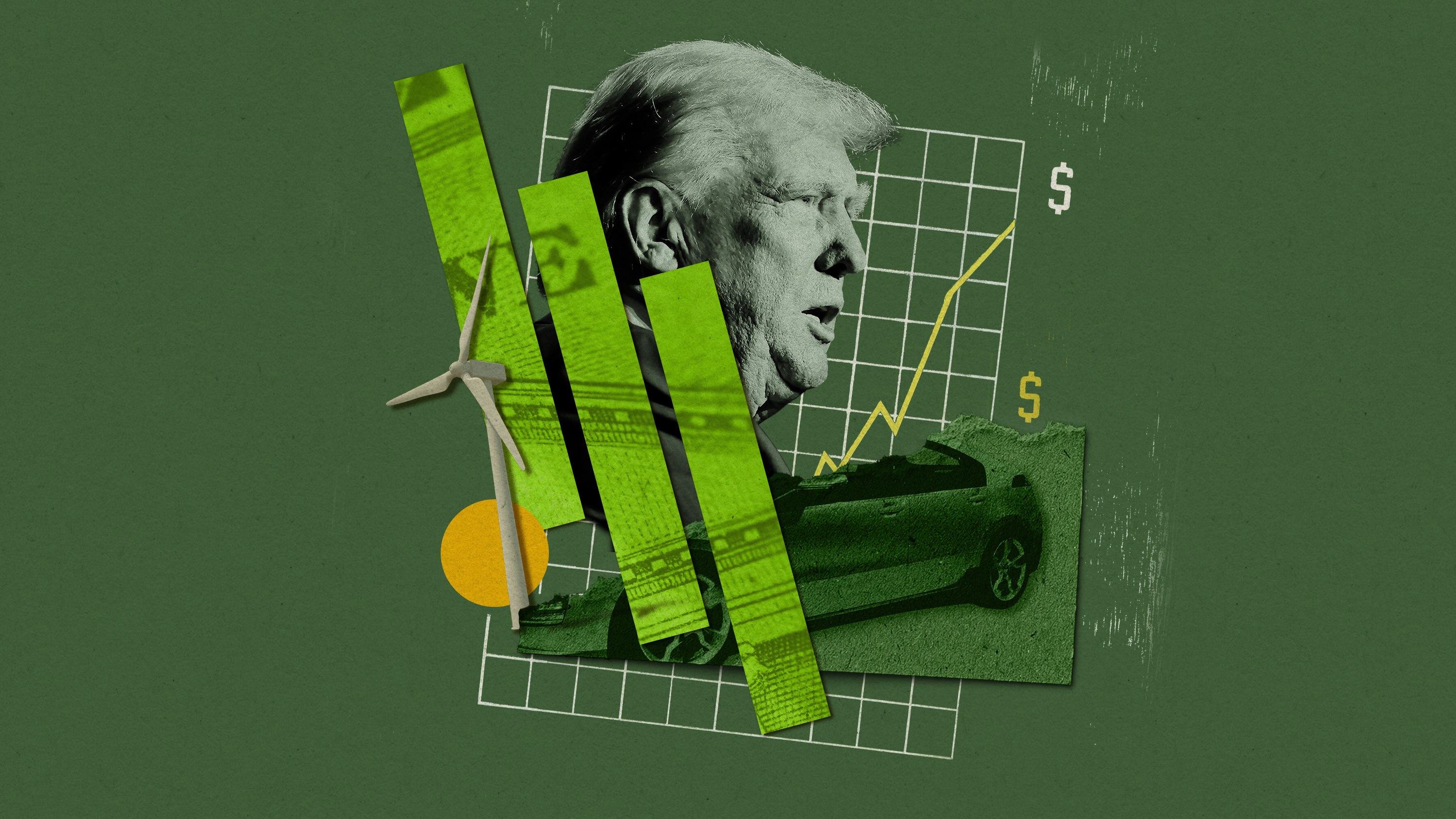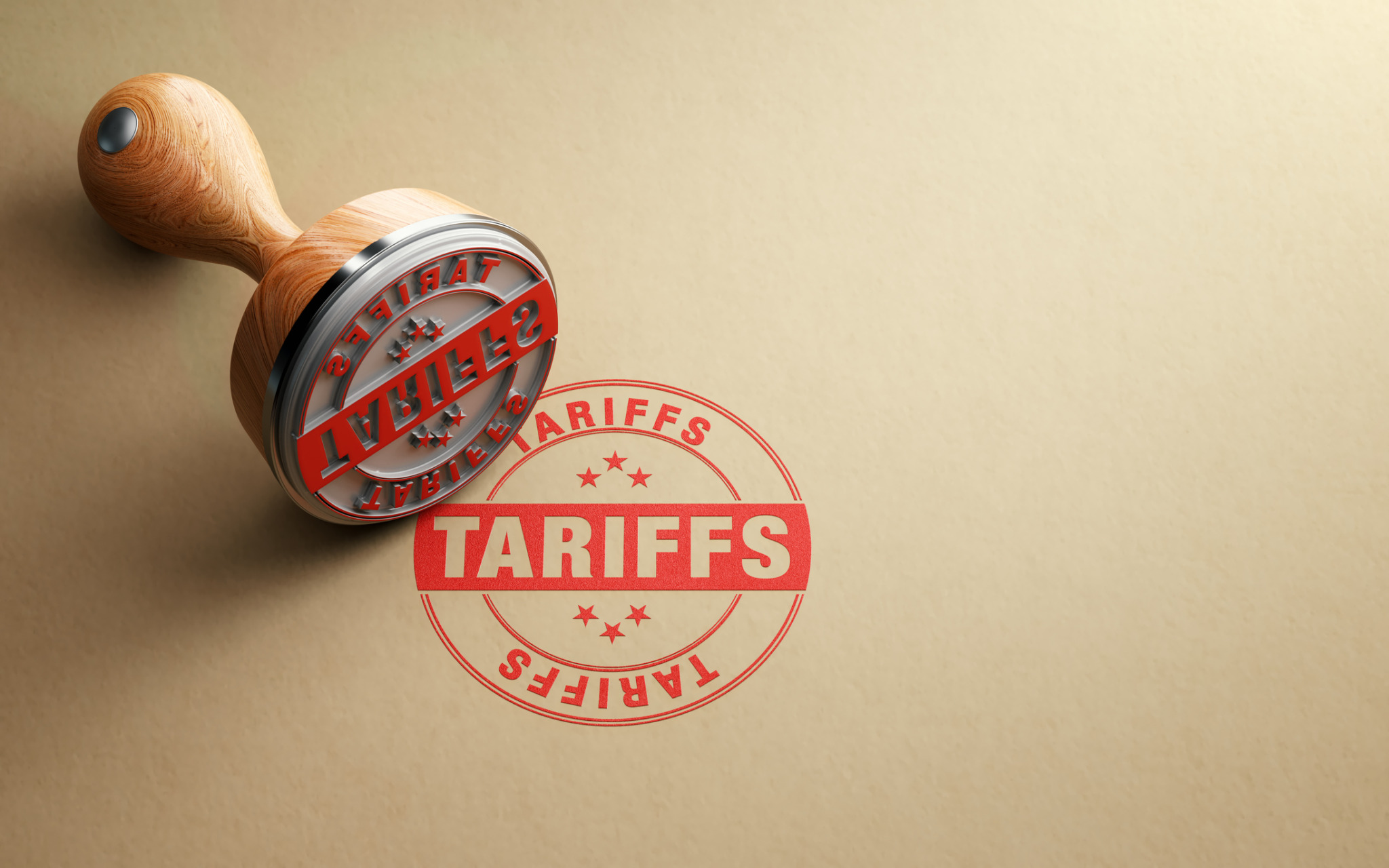Stock Market Reaction: Analyzing Trump's Tariff Plan And UK Trade Agreement

Table of Contents
Trump's Tariff Plan: Impact on Global Markets
Understanding the Tariffs
Tariffs are taxes imposed on imported goods, increasing their prices and making them less competitive compared to domestically produced goods. Trump's tariffs targeted various sectors, notably steel and aluminum, aiming to protect American industries. While intended to boost domestic production and employment, unintended consequences included higher prices for consumers, retaliatory tariffs from other countries, and disruptions to global supply chains. These actions created significant uncertainty and volatility in the market.
- Specific sectors targeted: Steel, aluminum, agricultural products, and various manufactured goods.
- Intended consequences: Increased domestic production, job creation in targeted industries.
- Unintended consequences: Higher consumer prices, trade wars, supply chain disruptions.
Immediate Stock Market Response
The immediate stock market reaction to Trump's tariff announcements was often characterized by short-term volatility. Industries directly affected experienced significant fluctuations. For example, steel companies initially saw a boost in stock prices, while companies heavily reliant on imported materials experienced declines. Investor sentiment played a crucial role, with speculation driving rapid price changes based on evolving trade negotiations and news headlines. Charts and graphs showing the stock performance of key industries during this period would further illustrate the immediate market response.
- Examples: Steel producers saw initial gains, while consumer goods companies faced potential losses due to increased input costs.
- Investor sentiment: Fear and uncertainty drove short-term volatility, with rapid shifts based on news and speculation.
Long-Term Effects on Stock Market
The long-term impact of Trump's tariffs on the stock market reaction is complex and multifaceted. While some domestic industries may have benefited, the overall impact likely included dampened economic growth due to reduced international trade and higher prices. Increased inflation and the potential for protracted trade wars further contributed to market uncertainty. Retaliatory tariffs imposed by other nations created a cascading effect, impacting various sectors across the globe.
- Inflationary pressure: Higher import costs contributed to increased inflation, eroding consumer purchasing power.
- Economic growth impact: Reduced trade and investment hindered economic growth in many affected countries.
- Retaliatory tariffs: These measures further exacerbated market volatility and uncertainty.
UK Trade Agreement: Post-Brexit Stock Market Performance
The Brexit Impact
Brexit, the UK's withdrawal from the European Union, created significant uncertainty and volatility in the stock market. The period leading up to and following the finalization of the UK trade agreement was marked by intense speculation about the economic consequences of leaving the EU. Sectors such as finance and agriculture, heavily reliant on EU trade, were particularly vulnerable. The prolonged uncertainty hindered investment and economic growth.
- Uncertainty and volatility: Brexit negotiations caused prolonged periods of market instability.
- Affected sectors: Finance, agriculture, and other trade-reliant sectors faced substantial challenges.
Analyzing the Trade Agreement's Stock Market Effects
The UK trade agreement's impact on the stock market reaction was a mix of immediate and long-term effects. While the agreement provided some clarity, reducing uncertainty to a certain degree, the long-term consequences remained debated. The agreement's influence on UK stock indices and specific companies varied significantly, depending on their exposure to EU markets and the specific terms of the agreement. Investor confidence, initially shaken by Brexit, gradually improved following the agreement's ratification, but full recovery took time.
- Immediate effects: Reduced uncertainty led to some market stabilization, but long-term implications remained unclear.
- UK stock indices: Performance varied depending on sector exposure and agreement specifics.
- Investor confidence: Gradual recovery following the agreement's implementation.
Global Implications of the UK Trade Deal
The UK trade deal had broader global implications, affecting global trade patterns and market stability. The agreement's impact on international relations and future trade deals is still being assessed. Its success or failure in achieving its stated objectives could influence other countries considering similar trade arrangements, impacting global market sentiment and investor confidence.
- Ripple effect: Impact on global trade patterns and market sentiment.
- International relations: The deal's success or failure impacts future trade negotiations.
Interplay Between Trump's Tariffs and the UK Trade Agreement
Synergistic Effects
The interplay between Trump's tariffs and the UK trade agreement on the stock market reaction is complex. While not directly linked, both events contributed to a period of heightened global uncertainty. To a degree, these events may have had synergistic effects, amplifying the overall market volatility. The combined uncertainty negatively affected investment decisions and overall global economic growth.
Divergent Market Reactions
Different sectors responded differently to each event. Some sectors benefited from specific aspects of either Trump’s tariffs or the UK trade deal, while others suffered negative consequences. Pinpointing direct causal links between these events and specific market shifts is challenging due to the complexity of global economic factors. Other events happening simultaneously must also be taken into consideration.
Conclusion: Understanding Stock Market Reactions to Global Trade Policy
Understanding the stock market reaction to global trade policies like Trump's tariffs and the UK trade agreement is essential for informed investment decisions. This analysis reveals that both events caused significant market volatility, impacting various sectors differently. While some industries initially benefited, the overall long-term effects often included reduced economic growth and increased uncertainty. Investors need to carefully consider the interplay of global political and economic events when assessing risk and making investment choices. Further research into the stock market's reaction to similar global events and a thorough understanding of international trade dynamics are vital for effective investment strategies. Continue your research into global trade policies and their effect on the stock market to make informed investment decisions.

Featured Posts
-
 Potential Tariffs On Aircraft And Engines Trumps Latest Trade Move
May 10, 2025
Potential Tariffs On Aircraft And Engines Trumps Latest Trade Move
May 10, 2025 -
 Adae Fyraty Me Alerby Thlyl Bed Antqalh Mn Alahly Almsry
May 10, 2025
Adae Fyraty Me Alerby Thlyl Bed Antqalh Mn Alahly Almsry
May 10, 2025 -
 2025 A Banner Year For Stephen King Thanks To The Monkey
May 10, 2025
2025 A Banner Year For Stephen King Thanks To The Monkey
May 10, 2025 -
 Analyzing Trumps Stance On Transgender Service In The Military
May 10, 2025
Analyzing Trumps Stance On Transgender Service In The Military
May 10, 2025 -
 Anchor Brewing Companys Closure A Legacy Ends
May 10, 2025
Anchor Brewing Companys Closure A Legacy Ends
May 10, 2025
